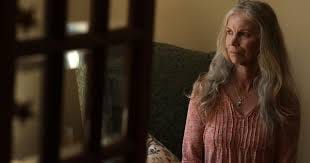Andrea Skinner
What matters in a story about sexual assault.

On July 7 2024, in an op-ed in the Toronto Star, Andrea Skinner, the daughter of Alice Munro, wrote about the sexual abuse she experienced at the hands of her stepfather, Gerald Fremlin. It started in 1976 when she was nine. …
Keep reading with a 7-day free trial
Subscribe to Everything is Personal to keep reading this post and get 7 days of free access to the full post archives.

